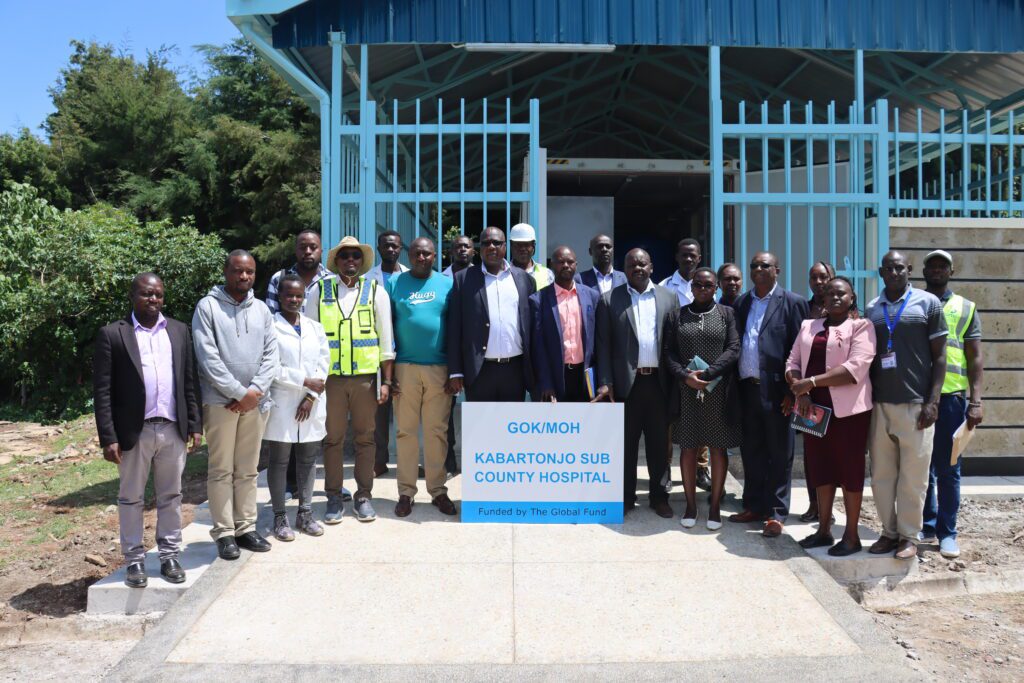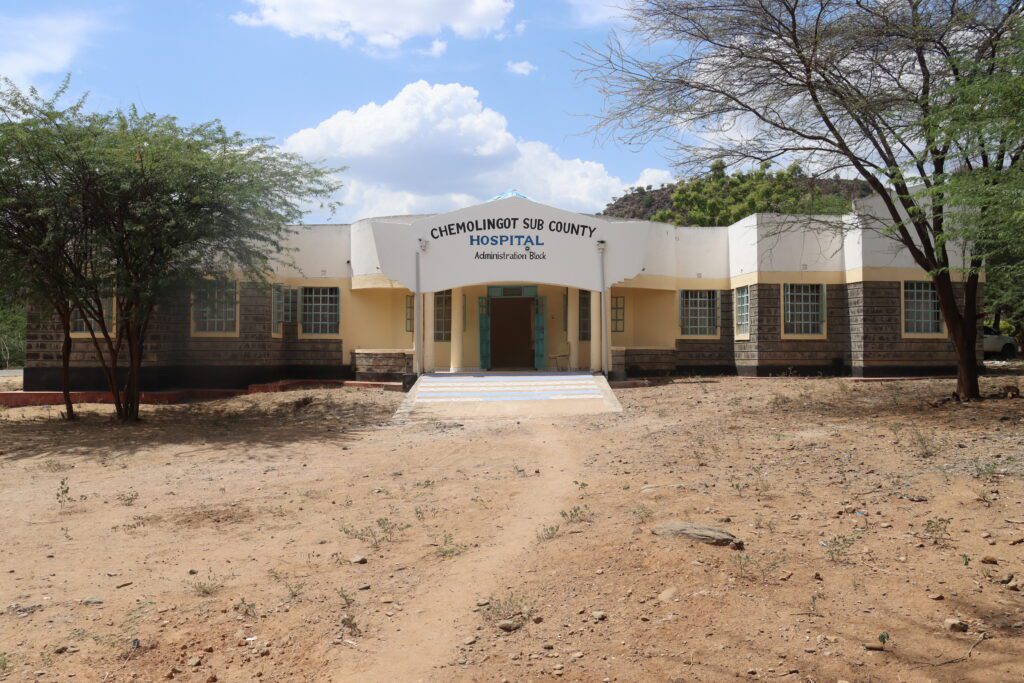Amref Health Africa in Kenya in partnership with Global Fund has successfully constructed and carried out final site inspections of Pressure Swing Adsorption (PSA) oxygen-generating plants in six hospitals: Sololo, Kalacha, Suguta, Rumuruti, Kabartonjo and Chemolingot level IV Hospitals that cut across four counties.
The PSA oxygen plants are designed to generate medical-grade oxygen directly from the environment. The technology works by drawing in air from the atmosphere, which then undergoes a series of filtration and separation processes to extract pure oxygen. The oxygen is collected in a main tank and distributed to various wards within the hospital. Each plant has the capacity to produce approximately 200 liters of oxygen per minute, ensuring a steady and reliable supply for patients in need.
The next phase of the project involves the installation of electrical systems and piping networks to connect the oxygen plants to the entire hospital infrastructure. Once this is completed, the plants will undergo commissioning, marking the official start of their operational life.

The introduction of these oxygen plants is expected to have a transformative impact on healthcare services in their respective regions. Medical facilities in these areas have long struggled with inadequate oxygen supplies, particularly for critical cases such as premature babies with underdeveloped lungs and mothers experiencing complications during childbirth. The County Executive Committee Member (CECM) health services of Baringo county, Dr. Solomon Sirma, appreciated and praised Amref for the workmanship and structure, and for reducing the cost of operations and number of referred emergencies in Kabartonjo Level IV Hospital.
“The surrounding facilities will also benefit from this plant as the generated oxygen will be transported to them in cylinders.” With the new plants, oxygen will be piped directly to all wards, ensuring that patients receive timely care.
In addition to serving the host hospitals, the plants will also supply oxygen to neighboring healthcare facilities in the form of refillable cylinders. This will eliminate the need for these hospitals to travel long distances—often over 100 kilometers—to procure oxygen. The current system, which sometimes requires the use of ambulances to transport oxygen cylinders, is not only costly but also inefficient, as ambulances can only carry a limited number of cylinders at a time. The new plants will significantly reduce both the time and cost associated with procuring oxygen.
The hospitals selected for this project are located in some of Kenya’s most remote and underserved regions. For instance, Suguta Hospital has historically faced challenges in providing adequate oxygen to patients, often resulting in referrals to nearby facilities. “We only carry out minor surgeries and birth through cesarean section in this hospital as the current oxygen supply cannot support more intensive surgeries.” Said Dr. Leakono Radet, officer in Charge, Suguta hospital. With the new PSA plant, Suguta and the other hospitals will be better equipped to handle critical cases locally, reducing the burden on referral hospitals and improving overall healthcare outcomes.

The project aligns with broader efforts to strengthen healthcare systems in Kenya, particularly in rural and marginalized areas. By ensuring a reliable supply of medical oxygen, the initiative addresses a critical gap in healthcare delivery, ultimately saving lives and improving the quality of care for thousands of patients.
As the project moves into its final phases, healthcare providers in Sololo, Kalacha, Suguta, Rumuruti, Kabartonjo, and Chemolingot hospitals are optimistic about the positive changes the oxygen plants will bring. For many, this marks the beginning of a new era in healthcare; one where access to life-saving oxygen is no longer a luxury but a guaranteed right.
Author: Willa Obura, Communications Intern, Amref Health Africa in Kenya
